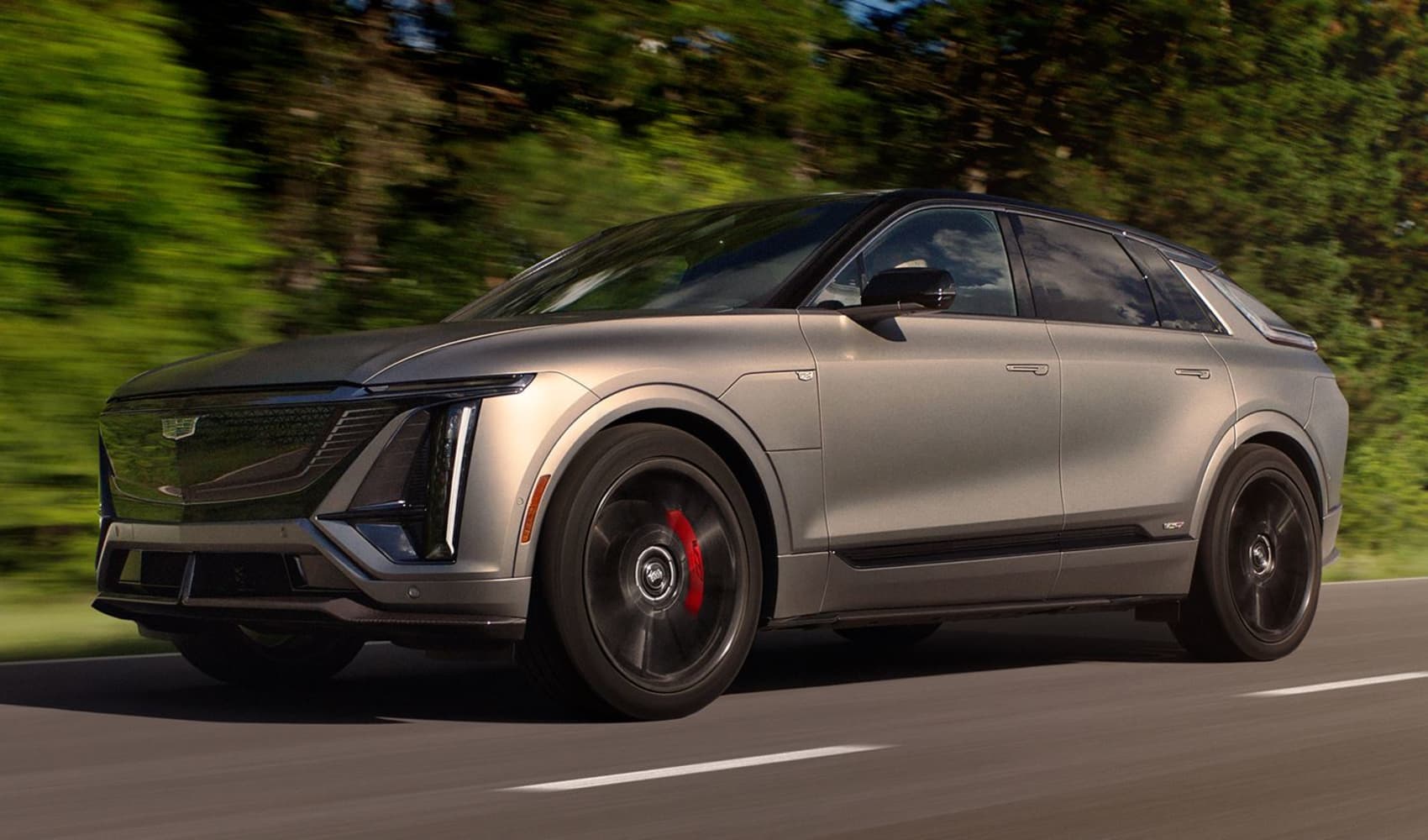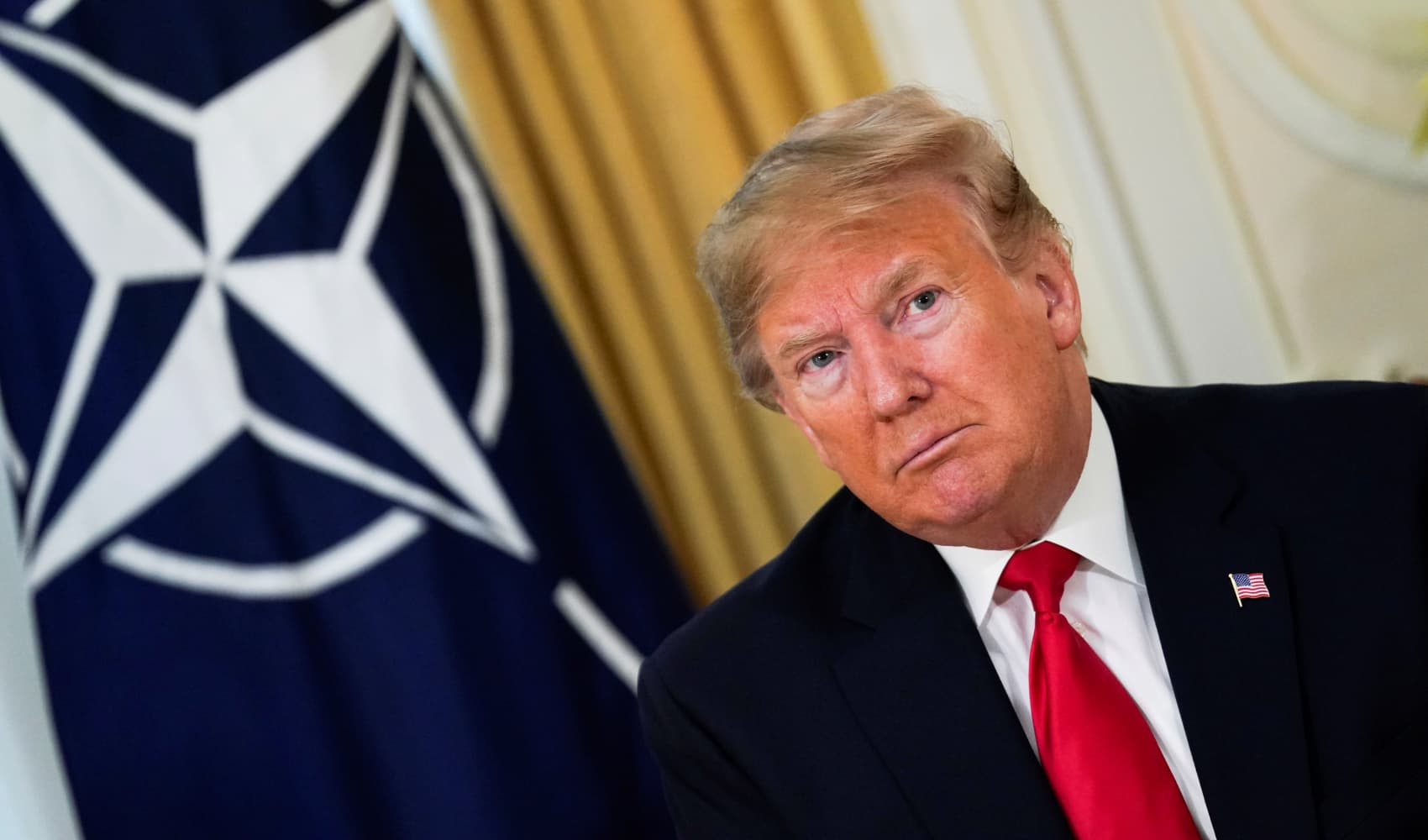
SHANGHAI, CHINA – NOVEMBER 12, 2023 – Customers experience Luxeed S7, the first intelligent pure electric vehicle, at Huawei’s flagship store in Shanghai, China, November 12, 2023. (Photo by Costfoto/NurPhoto via Getty Images)
- Huawei on Tuesday confirmed it is working with at least four traditional automakers in China on developing new car brands.
- That followed news over the weekend that Huawei is launching a joint venture with Changan Automobile for car technology.
- Chinese automakers with products "lacking in the tech necessary to compete seem more than happy to use Huawei's [tech] to fill the voids," said Tu Le, founder of Beijing-based advisory firm Sino Auto Insights.
BEIJING — Chinese telecommunications and smartphone giant Huawei is doubling down on selling its tech in the competitive electric car market.
The company has emphasized it doesn't manufacture cars. Instead, it sells tech components such as its Harmony OS operating system and driver-assist product, or works with automakers to create new EV brands.
Huawei on Tuesday confirmed it is working with at least four traditional automakers in China on new car brands, after news over the weekend of a joint venture with Changan Automobile for car technology.
Changan and Huawei are already partners for the Avatr electric car brand, created in 2018 with electric car battery giant Contemporary Amperex Technology. Avatr's SUV and sedan each sell for slightly more than the equivalent of $42,000.
Huawei is also working with Chery on the Luxeed electric car brand, which revealed details for its S7 sedan on Tuesday.
Money Report
Similar partnerships with BAIC Motor and JAC Motor are in the works, Richard Yu, head of Huawei's car-related and consumer business, said at a Luxeed launch event Tuesday.
BAIC, whose Arcfox electric brand already uses Huawei tech, and JAC did not immediately respond to a request for comment.
Feeling out of the loop? We'll catch you up on the Chicago news you need to know. Sign up for the weekly Chicago Catch-Up newsletter.
Chinese automakers with products "lacking in the tech necessary to compete seem more than happy to use Huawei's [tech] to fill the voids," said Tu Le, founder of Beijing-based advisory firm Sino Auto Insights.
"It's still too early to know how [Huawei's] solution measures up to its competitors but they, like many other tech companies, see the opportunity and are going all-in on it," he said.
Tencent, which operates China's social media app WeChat, has claimed it supplies BMW and some other automakers with car tech.
Chinese smartphone and home appliance company Xiaomi plans to release a car in the first half of next year. The company announced in late October a new operating system called HyperOS.
A fraction of Huawei's business
Huawei's revenue from its consumer business has halved since the U.S. put the company on a blacklist that restricts it from buying from U.S. suppliers. That includes licensed access to the latest versions of Google's Android operating system.
Huawei has instead released its own system, called Harmony OS.
In the first half of the year, Huawei's consumer revenue was 103.5 billion yuan ($14.27 billion), while the company's intelligent automotive solutions — whose products include tech for new energy vehicles — saw revenue of 1 billion yuan. Other car-related revenue are also included in other parts of the business.
Huawei's Yu said Tuesday the company works with automakers in three ways:
- Acting as a component supplier.
- Selling a suite of car tech products called "Huawei Inside," while the automaker designs the vehicle.
- Taking greater control of a "Huawei Inside" car's design, sales and marketing while the automaker manufactures the car.
Huawei announced in late 2021 the Aito brand of cars, manufactured by Seres. The vehicles, frequently displayed at Huawei's many smartphone stores across China, have surged in popularity. The company claims that for the M5 model alone, more than 120,000 units have already been delivered.
Yu said Tuesday that Aito would deliver about 16,000 to 18,000 units of its M7 cars in November, and more than 20,000 units next month.
Companies from BYD to startup Li Auto have captured a significant share of growth in China's new energy vehicle market, a category which includes hybrid and battery-powered cars. Traditional foreign automakers such as Volkswagen and Toyota have been slower to adapt.
This year, penetration of new energy vehicles has climbed to well over one-third of new passenger cars sold in China, according to the China Passenger Car Association.






